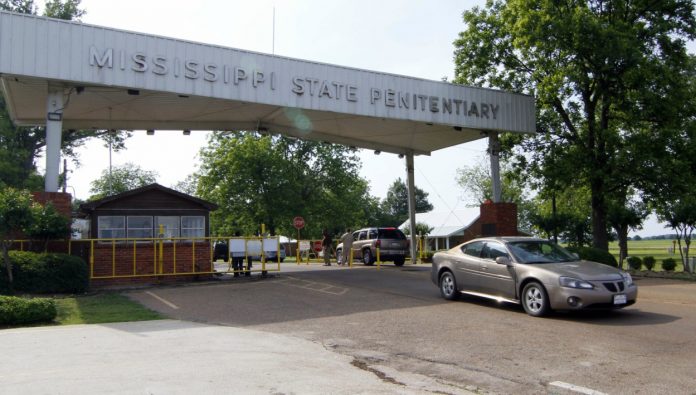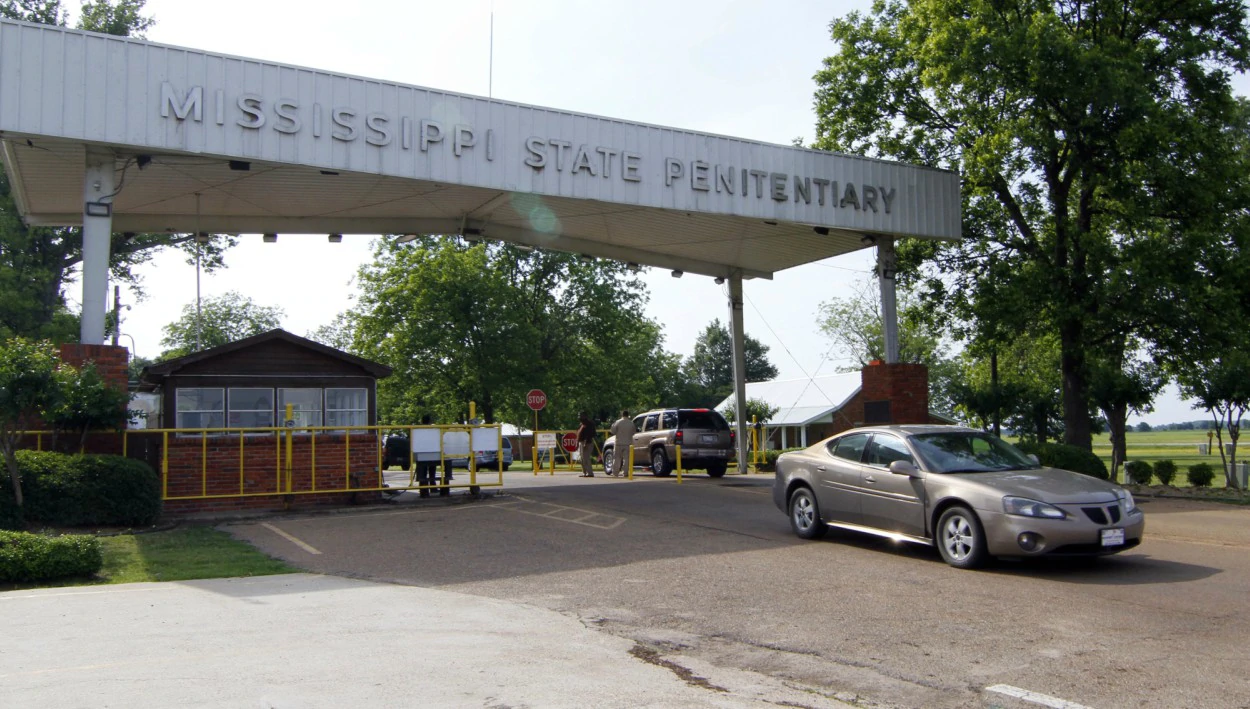[ad_1]

HATTIESBURG, Miss. (AP) — Manslaughter isn’t supposed to be a death sentence. Nor is burglary. Nor is armed robbery, selling cocaine or stealing a vehicle.
But that is what the mothers of three inmates say was ultimately given to their sons, all of whom were killed in prison violence last week. As they plan their children’s funerals, they are demanding answers. They want to know what happened, and why.
READ MORE: A $9 theft has imprisoned a man since 1982, now a journalist is calling out the injustice
All three prisoners were slain by fellow inmates at Mississippi State Penitentiary at Parchman last week. Two other inmates were killed in prisons elsewhere in the state. The outbreak of violence has brought national attention to problems that have long plagued Mississippi’s overstretched prison system.
The mothers were told by their sons’ fellow inmates that their deaths were gruesome.
“He was beat. He was stabbed. His chest, stomach. … He has, well, he had, a lot of bruises and things on him,” says Jeffrie Holliman of Hattiesburg, mother of 32-year-old Roosevelt Holliman, who died Jan. 2.
Rotonia Gates, the mother of Walter “Keon” Gates, says she’s been told not to look at the body of her 25-year-old son after he was repeatedly stabbed on Dec. 31. But she says inmates with contraband cellphones sent her graphic pictures and descriptions of what happened.
“All the information I’ve gotten has come from inside,” says Gates, a Southaven resident.
READ MORE: Report says racial disparity in prisons narrows across U.S.
Denorris Howell’s body was so covered in blood that Sunflower County Coroner Heather Burton initially announced he had been stabbed on Friday, but later revised that to say he’d suffered a different kind of neck wound.
Relatives of all three inmates say they have few answers from prison officials , and they question whether guards acted properly.
“They’re not releasing any information,” Rotonia Gates says. “It seems like they’re trying to hide something.”
The Mississippi Department of Corrections has provided few answers to repeated questions from The Associated Press about the cause and manner of the prisoners’ deaths and how the department has responded.
“I have no information to add to your story or stories,” spokeswoman Grace Simmons Fisher said in an email Wednesday. “Thank you for asking.”
Advocacy groups have asked the U.S. Department of Justice to investigate. They have criticized state lawmakers and officials for writing laws that they say have resulted in Mississippi having the third-highest incarceration rate in the U.S.
Prison officials themselves say they have only had enough money to fill half of available guard posts, and they say the pay is far too low. The starting salary for guards is $25,650.
Gates was the first to die at Parchman. Rotonia Gates says Keon was her “knee baby,” the second-youngest of her five children. She describes a smart child who got into trouble if teachers didn’t push him in school.
Eventually, that mischief led to worse trouble : burglarizing houses. But Rotonia Gates says she had hope that her son was ready to change his ways and was encouraged by her interactions with him when he was paroled. The parole turned out to be a mistake, however, and Walter Gates was taken back to prison. He was expected to be paroled again this spring.
Gates says she doesn’t know if her son was a gang member, and bristles at prison officials attributing his death to gang violence. But she knows conditions at the prison were bad. She says her son didn’t have a mattress to sleep on and got sick because rain poured into the prison.
Roosevelt Holliman’s sister, Theresa Holliman, says photos taken on cellphones obtained illegally by the prisoners show rats crawling over some of them.
“You just see them laying on the ground, basically worse than animals,” she says.
She says she also was told that some of the inmates had no heat.
In July, prison officials asked the state for more than $22 million to reroof and renovate a 1,400-bed complex known as Unit 29, writing in a budget request that it had “deteriorated to a point that it is no longer safe for staff or inmates.”
Gates and Wilkins both say their sons had pleaded for help or transfers to safer spaces before they died in the violence. Wilkins says Howell talked to her hours before his death.
“He was telling me , ‘Mom, get us some help, I’m fearing for my life, I’m fearing for my life. I need help now. Please get someone,’” Wilkins says.
The relatives also question whether guards contributed to their sons’ deaths, since inmates were supposed to be confined to their cells or bunk areas.
The Mississippi Department of Corrections has not answered questions from the AP about whether officials are investigating guard conduct. A number of state prison guards in the past have been charged with bringing in contraband drugs and cellphones and have been accused of aiding gangs.
“How can this have happened?” asks Gates. “What can we do to prevent this? The families need relief. Somebody’s going to have to answer for this. That’s too many deaths, and for what?”
[ad_2]
Source link

